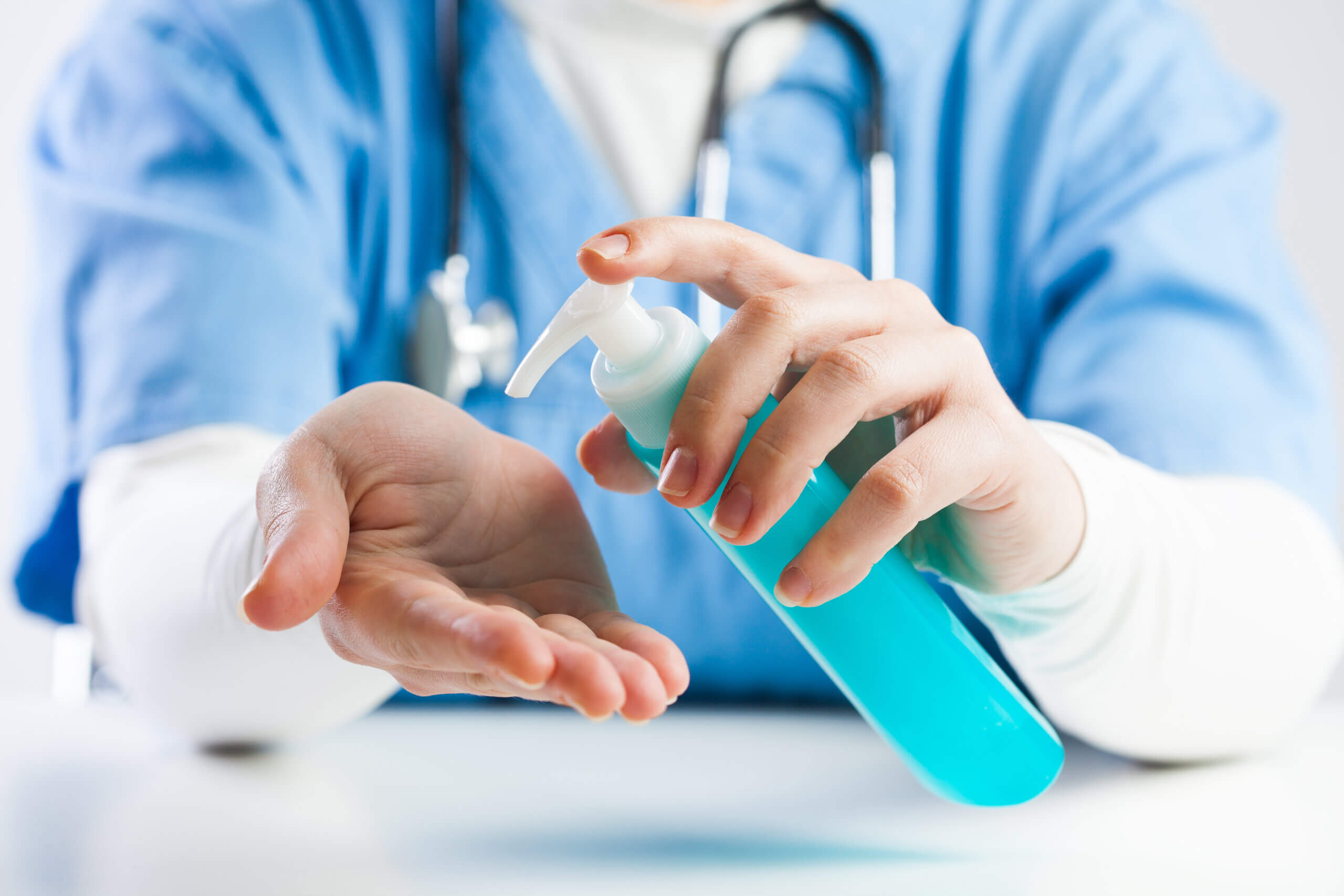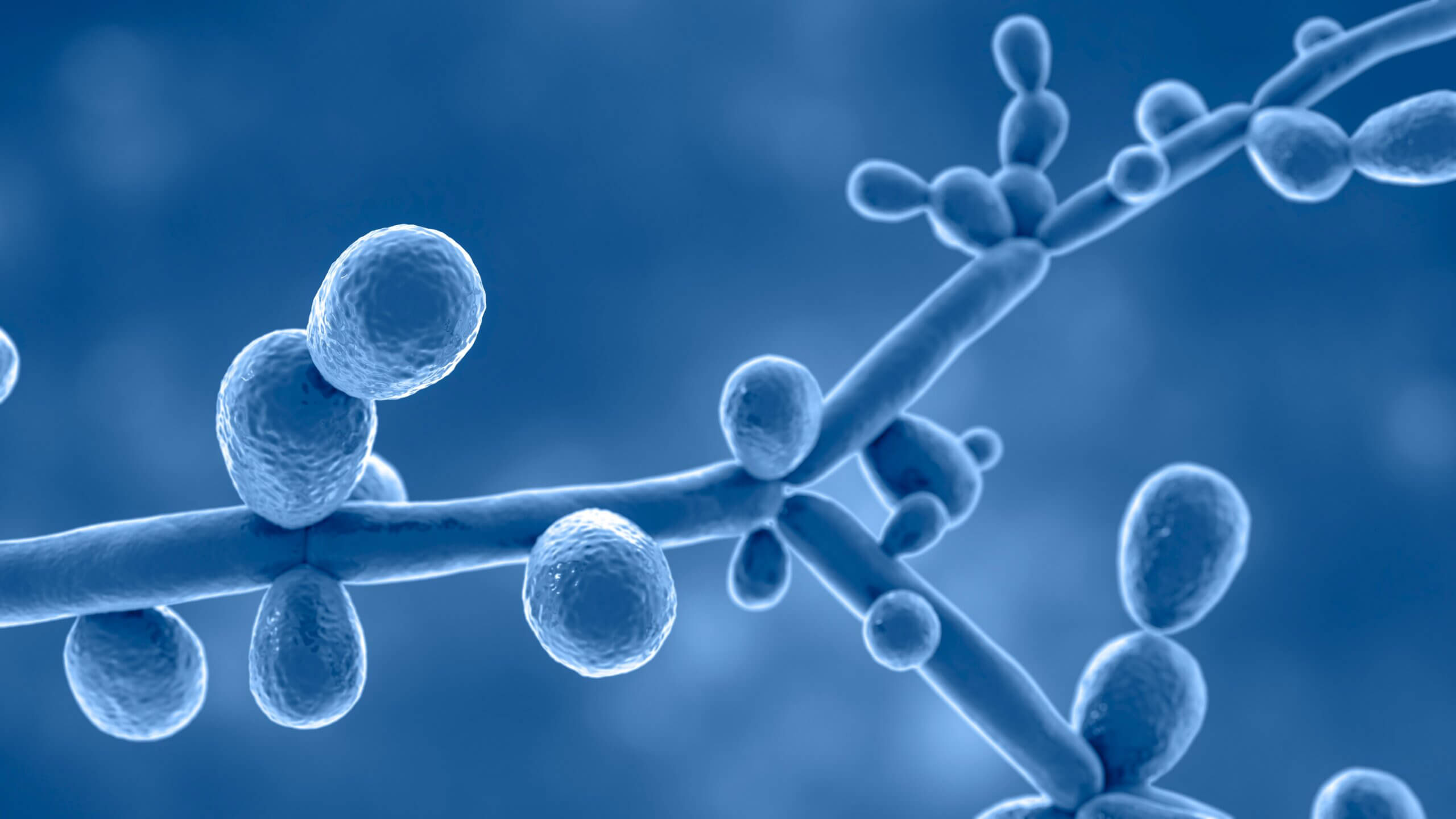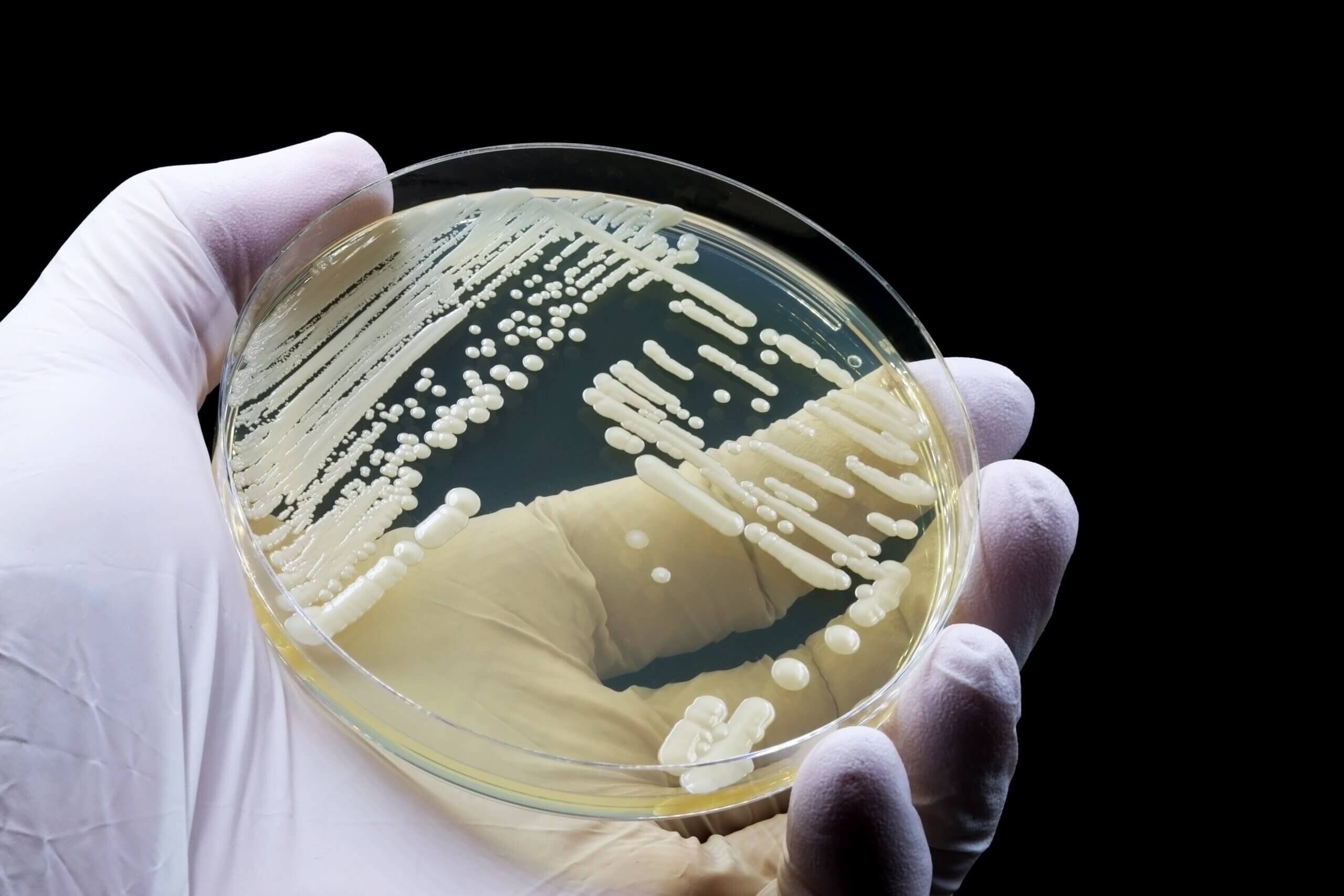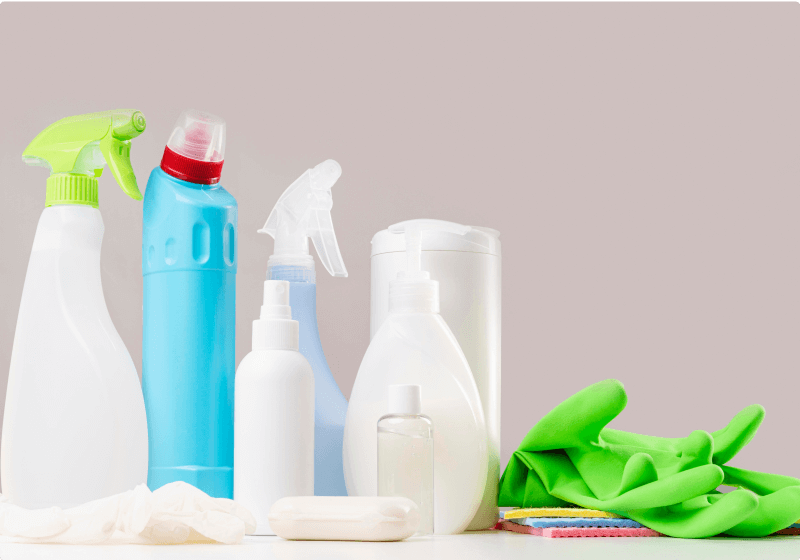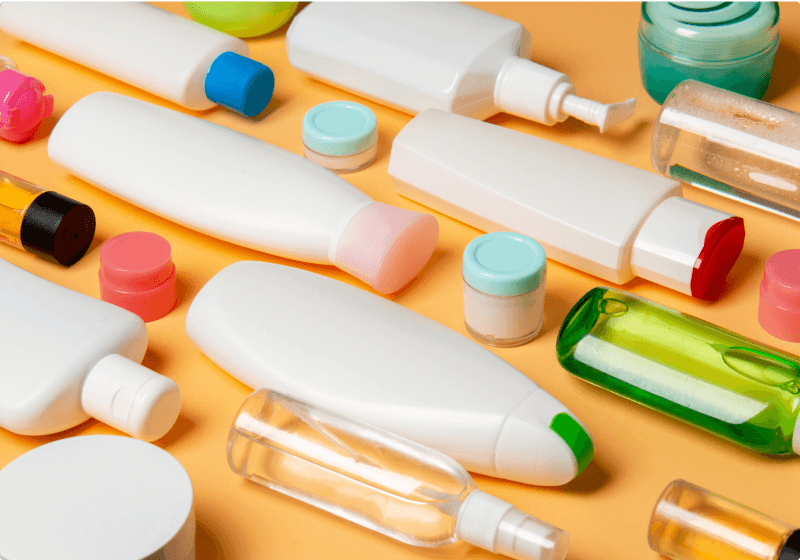For public health and safety, the efficacy of chemical disinfectants and antiseptics is very important. EN 14347 is an important European Standard which provides the test methods and requirements for the analysis of sporicidal activity by chemical agents. This standard has been essential in strengthening consumer confidence and trust by providing rigorous scientific validation of product claims. This article explores how EN 14347 influences industry practices in the development of sporicidal disinfectants, and its role in enhancing the security and confidence among end-users.
EN 14347 for sporicidal disinfectants
This standard specifies the phase 1 suspension test method for the determination of the sporicidal activity of chemical disinfectant intended to be used in many areas: from the medical, domestic, and industrial environments to food production and service. The protocol consists of testing the products against specific bacterial spores like Bacillus subtilis and Bacillus cereus and determination of log reduction in spore viability under set conditions.
Purpose of the EN 14347 standard
The main goal of EN 14347 is to protect public health by ensuring that sporicidal disinfectants used in various settings are both effective and safe. It helps create standard requirements that all products must meet which in turn standardizes the hygiene practices across Europe.
Consumer confidence and trust
Consumer confidence is based on the trust that products will perform as claimed. Trust is built on transparency, consistency and the proven reliability of products. EN 14347 plays a crucial role in creating this trust by setting a high standard for validation of the sporicidal disinfectant product’s efficacy.
Building trust via rigorous testing
EN 14347 requires sporicidal disinfectants to undergo rigorous testing procedures to claim bactericidal efficacy. Specifically, it involves mixing the disinfectant or antiseptic with a spore suspension of Bacillus sp. at a concentration of approximately 5 × 10^6/ml followed by incubation at 20°C for various contact times of 30, 60, or 120 minutes. The process is then interrupted by neutralization to stop the disinfectant or antiseptic activity and the number of viable spores remaining is counted. To comply with this standard, a product must demonstrate a reduction in spore viability of at least 4 logs. This ensures that only products capable of meeting these claims make it to the market thereby upholding high standards. When consumers understand that a product has passed such strict tests, their trust in the product’s claims and overall brand increases.
Enhancing transparency
Transparency can be enhanced by obligating manufacturers to provide proof of efficacy as obtained from EN 14347 test. This information must be accessible and understandable to consumers which helps them make informed decisions about the products they choose to use.
Impact on market dynamics
Implementation of EN 14347 influences the perception not only of the consumer but also creates competitive dynamics in the market. Manufacturers meeting this standard can differentiate their sporicidal disinfectant products on the basis of quality verification and gain a potential advantage over competitors.
Influence on product development
This means that many companies will have to invest in research and development further to improve formulations so that they can comply with EN 14347. This leads to innovations in product offerings and improvements in the effectiveness of sporicidal disinfectants further enhancing consumer trust.
Regulatory compliance and market access
Complying with EN 14347 is crucial for getting approval from regulatory authorities for market access and this compliance gives products an advantage in procurement decisions mainly in sectors requiring high hygiene levels such as healthcare and food service.
The critical role of testing services
Microbial testing laboratories are important in the implementation of EN 14347. By providing specialized testing services, they ensure that products meet the exact requirements of this standard, thereby
- Supporting product development: These labs collaborate with manufacturers during the product development phase to ensure formulations have necessary potency to meet the sporicidal activity criteria set for EN 14347 certification.
- Certifying product claims: Testing labs perform rigorous testing to provide certification that disinfectant products comply with sporicidal efficacy standards thereby providing additional credibility and trust to product claims.
- Facilitating regulatory approval: By verifying compliance with EN 14347, testing labs help manufacturers fasten regulatory approval processes particularly for strict markets like the European Union.
The adoption of EN 14347 to test the sporicidal properties of disinfectants along with other aspects of effectiveness and safety has improved the trust and confidence of the consumers in the use of these chemical disinfectants and antiseptics. For manufacturers, compliance with this standard is not just about meeting regulatory requirements but also about gaining consumer trust and securing a competitive advantage.
Microbe Investigations (MIS) provides comprehensive microbiology testing services for disinfectants, textiles, coatings, and plastics.
Our laboratories are outfitted with state-of-the-art equipment and facilities, minimizing errors throughout the antimicrobial evaluation process. Our specialized team of experts ensures accurate and reliable results.
Please contact our experts today for detailed information on our disinfectant efficacy testing services.


